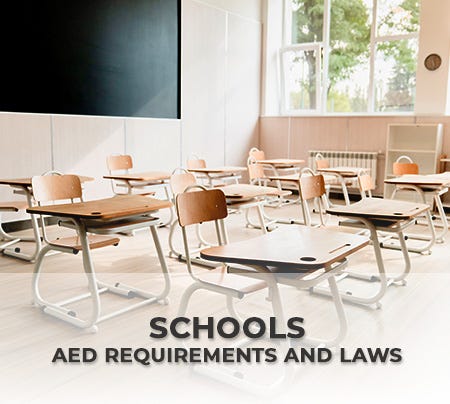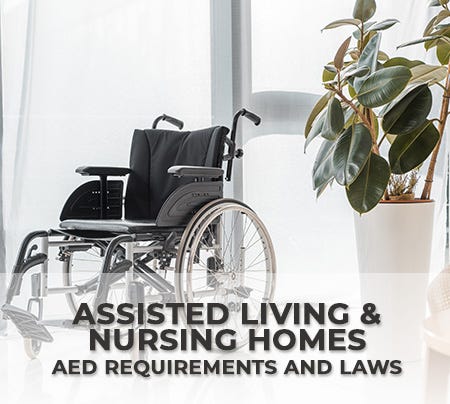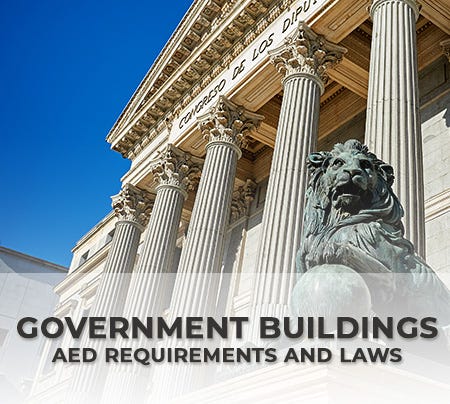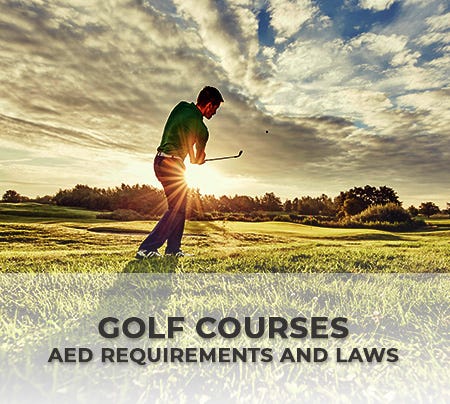Dentist Offices AED Requirements and Laws
Many, if not all, healthcare professionals, including dentists, are recommended to keep an automated external defibrillator on hand to boost the likelihood of survival in sudden cardiac arrest victims.
Many dentists often use anesthetic drugs in their practice which in some cases could lead to sudden cardiac arrest.1 Anesthetics tend to slow down a patient's metabolism, which can reduce the amount of oxygen being delivered to the heart. If a patient suffers from sudden cardiac arrest due to sedatives, healthcare professionals need to act fast. Many states are now requiring dentist offices that practice with local anesthesia or sedation to have an AED on site for this reason. Check the list below to see if your state is among those dentist offices required to have an AED.
Which States have Dentist Office AED Requirements and Laws?
Note: The information on this page is intended to educate readers on the general topic of AEDs and AED legislation. AED.com does not guarantee completeness or accuracy of any AED law interpretation, summary, or listing. This information is intended to be a summary of general facts and not legal advice or a means to check compliance. For assistance interpreting and determining AED law compliance in your state, please contact us.
References
1 Sisay, A. (2021, August 25). Unexpected sudden intraoperative cardiac arrest during a gynecologic surgery: A case report. International Journal of Surgery Open. Retrieved April 4, 2023, from https://www.sciencedirect.com/science/article/pii/S2405857221000917#:~:text=Myocardial%20infarction%2C%20pulmonary%20embolism%2C%20electrolyte,in%20patients%20having%20noncardiac%20surgery.







 CALL US:
CALL US: